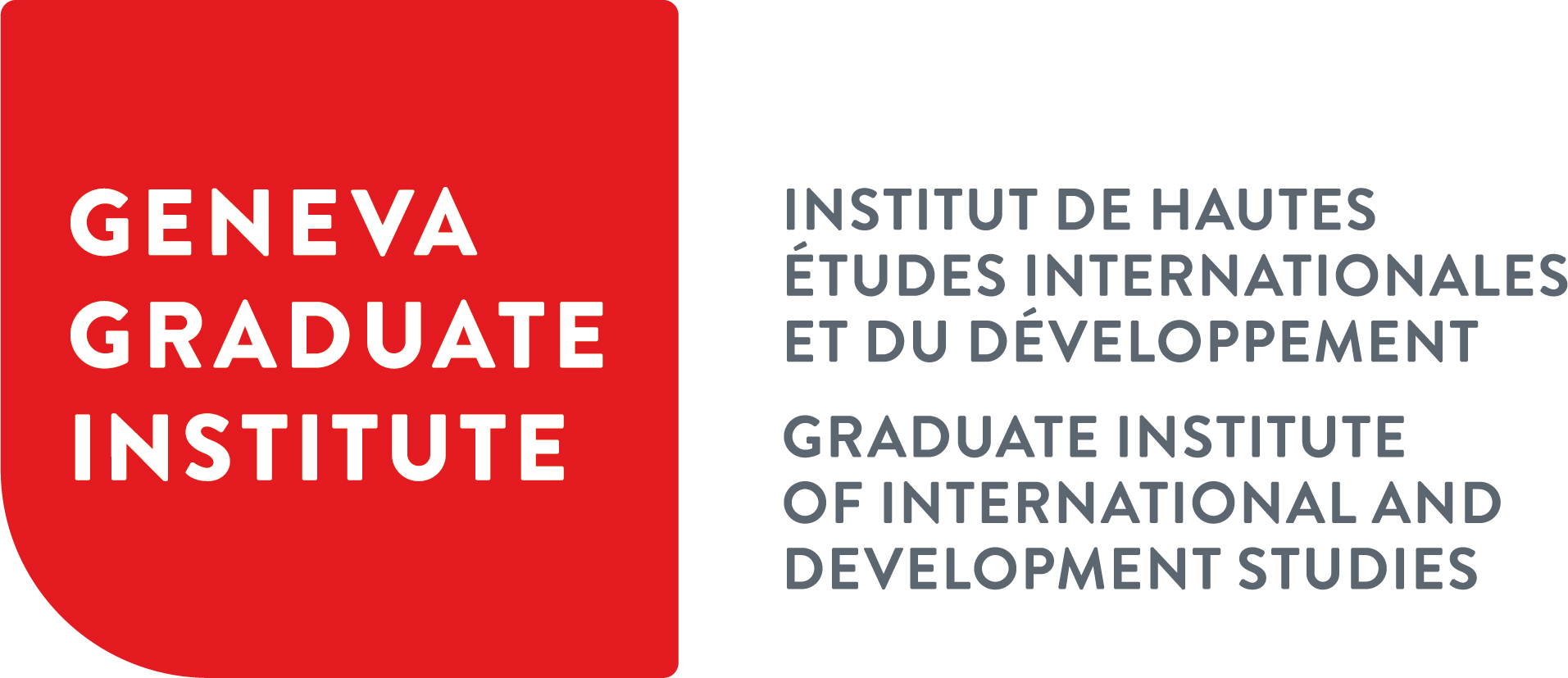Publications » The War on Drugs: Challenges for International Humanitarian Law
The War on Drugs: Challenges for International Humanitarian Law
Some of the most heinous episodes of violence are committed in countries extensively affected by organized crime. Criminal groups pursue mainly economic objectives: they benefit from a weak and ineffective state, but do not aim at overthrowing the government. It should, thus, come with no surprise that criminal organizations tend not to be analyzed from an international humanitarian law (IHL) perspective. Nonetheless, they do engage in armed violence against the government, and this can have a dramatic impact on the population. This paper examines the peculiar challenges posed by criminal organizations that are party to a non-international armed conflict (NIAC) from an IHL perspective. First, the main focus will center on whether mainly economic actors that do not pursue political objectives can be party to a NIAC. Second, the article will address the challenges posed by the highly horizontal and decentralized structure of some cartels. Furthermore, the militarization of the war against drugs will be analyzed. Finally, we will see that the peculiar structure of drug cartels poses crucial challenges with regard to determining who is a legitimate target under international humanitarian law.


